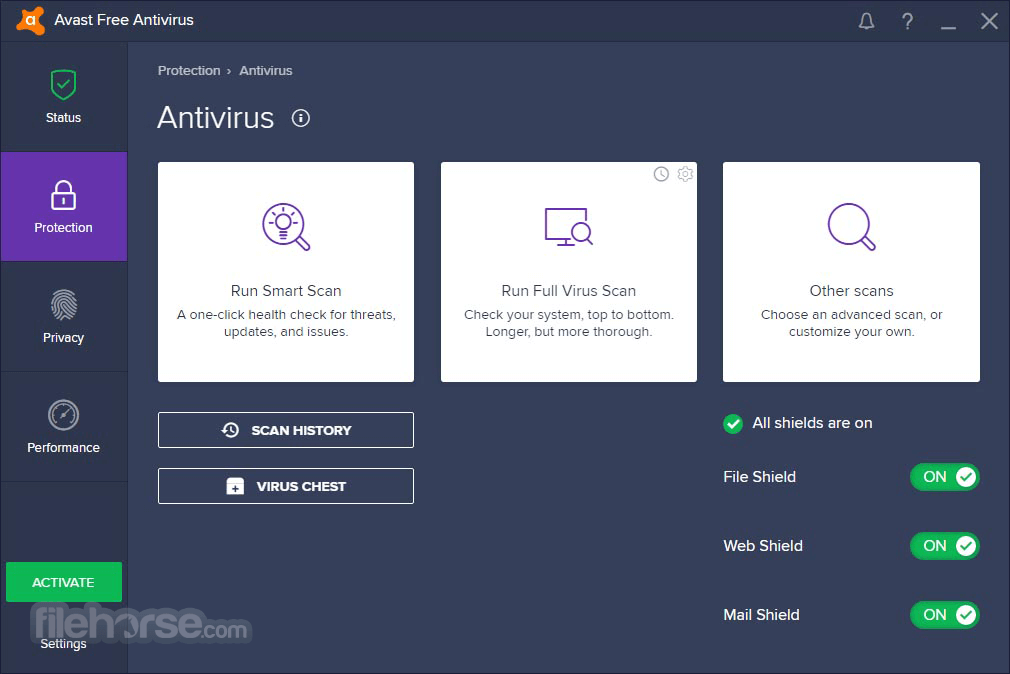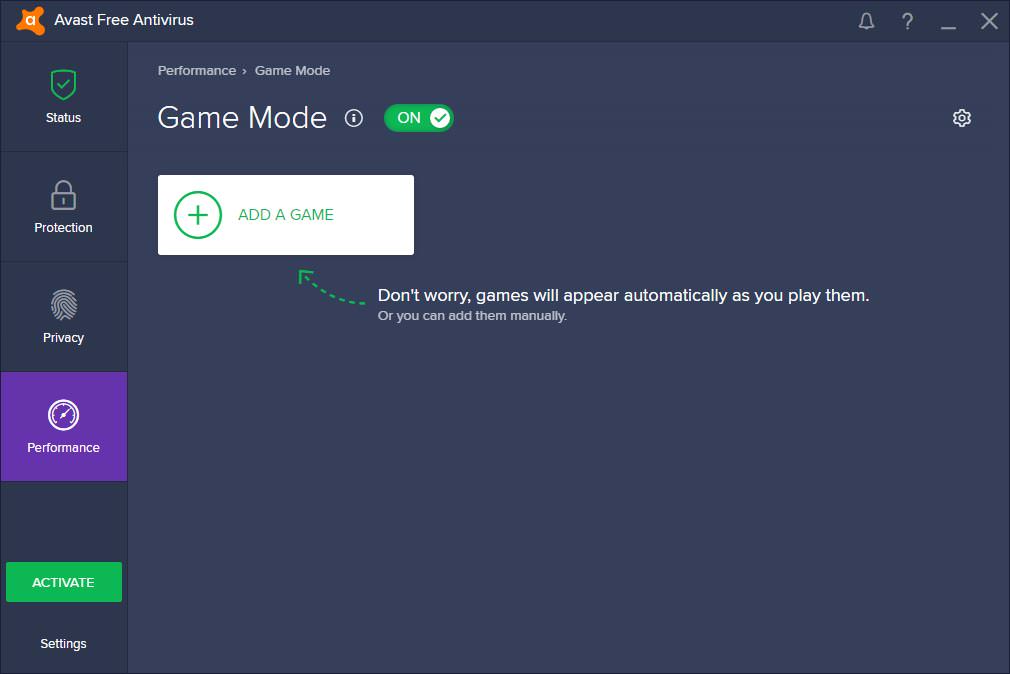
Avast Free Antivirus For Mac Download
Avast protection for Mac endpoints is designed to keep all your devices safe. The automated process offers threat detection and malware scanning, ensuring every endpoint is covered. Why choose Mac antivirus from Avast? Slide 11 to 12 of 6.
- Avast Free Antivirus 2018 free download - Avast Free Security, Panda Free Antivirus, AVG AntiVirus Free, and many more programs.
- Avast Free Antivirus scans for security and performance issues and tells you how to fix things instantly. It protects you in real-time by analyzing unknown files before they get to you. So relax: With Avast, you’re running the most trusted antivirus out there. What’s inside the latest version?
| Developer(s) | Avast |
|---|---|
| Stable release | 20.10.2442 [1] / 9 December 2020; 1 day ago (Windows version) |
| Operating system | Microsoft Windows, macOS, Linux, Android, iOS |
| Available in | 45 languages |
| Type | Security software, Antivirus software |
| License | Freeware, proprietary software |
| Website | www.avast.com |
Avast Antivirus is a family of cross-platforminternet security applications developed by Avast for Microsoft Windows, macOS, Android and iOS. The Avast Antivirus products include freeware and paid versions that provide computer security, browser security, antivirus software, firewall, anti-phishing, antispyware, and anti-spam among other services.[2]

Avast launched a freeware business product, Avast for Business, in February 2015. It is a cross-platform solution that includes antivirus protection, web threat scanning, browser protection, and a cloud management console.[3]

As of 2017, Avast is the most popular antivirus vendor on the market,[4] and it had the largest share of the market for antivirus applications.[5]
In a February 2018, test of various antimalware products by AV-TEST, Avast Free Antivirus has earned 6 out of 6 points in 'Protection' category, detecting 100% of malware samples used in this test and earning an 'AV-TEST Certified' seal.[6] Avast's Mobile Security & Antivirus app detected 100% of malware samples in January 2018 test of Android malware by AV-Comparatives.[7]
In January of 2020, multiple news sources reported that Avast Antivirus, through a subsidiary, was selling the browsing history of Avast product users. Though the company claimed all data was 'de-identified', it was reported that the sold data could be linked back to people's real identities, exposing every click and search they had made.[8][9][10] In response, Avast announced that it would close the subsidiary over the data privacy backlash.[11]
Avast Free Antivirus For Mac 2018 Torrent
See also[edit]
References[edit]
Free Antivirus For Mac 10.3

- ^'NEW Avast Version 20.10 (December 2020)'.
- ^'AVAST Software s.r.o.: Private Company Information'. Bloomberg. Retrieved 24 February 2017.
- ^Kovacs, Eduard. 'Avast Launches Free Security Solution for Businesses', Security Week 24 February 2015. Retrieved on 23 March 2015.
- ^OPSWAT. 'Antivirus and Compromised Device Report: May 2017'.
- ^'Avast worth 'upwards of $2 billion'; no IPO before 2017'Reuters. Published on October 29, 2015
- ^'The best antivirus software for Windows Home User'. AV-TEST. Retrieved 14 April 2018.
- ^'Android test 2018'(PDF). AV-Comparatives. Retrieved 14 April 2018.
- ^'The Cost of Avast's Free Antivirus: Companies Can Spy on Your Clicks'. PCMAG. Retrieved 2020-01-28.
- ^Cox, Joseph (2020-01-27). 'Leaked Documents Expose the Secretive Market for Your Web Browsing Data'. Vice. Retrieved 2020-01-28.
- ^'Avast packaged detailed user data to be sold for millions of dollars'. Engadget. Retrieved 2020-01-28.
- ^'Avast to Commence Wind Down of Subsidiary Jumpshot'. Avast. Retrieved 30 January 2020.
